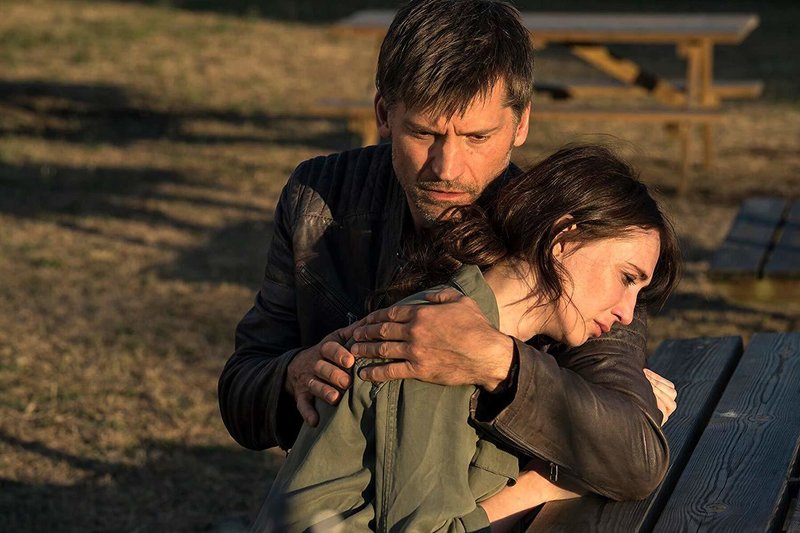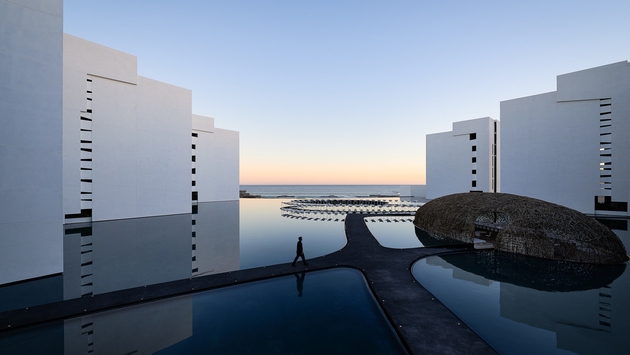
The director who has boomeranged from better-regarded films to ones treated much less kindly barely wants to own this crime thriller. But for fans of his work, there are sequences to admire.
In one of his earliest (and best) films, the 1974 cult musical Phantom of the Paradise, director Brian De Palma conjured a self-fulfilling prophecy, telling the story of an artist whose personal vision is co-opted and commercialized by industry star-makers while he’s doomed to haunt the rafters. And for most of the four-plus decades since, De Palma has been in and out of favor in Hollywood, squandering the goodwill from hits like Carrie, The Untouchables, and Mission: Impossible with films like The Fury, Casualties of War and Snake Eyes. Eventually, studios simply stopped making the perverse Hitchcockian thrillers and satires that were the director’s stock in trade.
Without financing in the U.S., De Palma has spent most of the current century looking for money in Europe, a more hospitable place creatively, but less reliable on the production and distribution front. While his 2002 thriller Femme Fatale played deliciously on Hitchcock’s Vertigo and neo-noir trash like Basic Instinct, his angry 2007 experiment Redacted was an undernourished attempt to update Casualties of War for Iraq; and Passion, his alternately brilliant and banal 2012 English-language version of the French hit Love Crime, was mostly shuffled to video on demand. More at NPR.com



